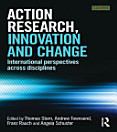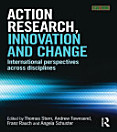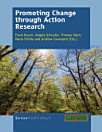The Proustian Mind
About this ebook
The Proustian Mind is an outstanding reference source to the rich philosophical range of Proust’s work and the first major volume of its kind. Including 31 chapters by an international team of contributors, the volume is divided into seven clear parts:
- Proust’s life and works
- metaphysics and epistemology
- mind and language
- aesthetics
- ethics
- gender and sexuality
- predecessors, contemporaries and successors.
Within these sections, key Proustian themes are explored from a philosophical standpoint, including time, the self, memory, imagination, jealousy, beauty, love, subjectivity and desire. The final section considers Proust in relation to important philosophers such as Schopenhauer, Nietzsche, Bergson, Merleau-Ponty, Sartre, de Beauvoir and Deleuze.
The Proustian Mind is essential reading for those studying aesthetics, philosophy of literature, phenomenology and ethics, and will also be of interest to those in literature studying modernism, French literature and the relationship between literature and philosophy.
About the author
Anna Elsner is an Assistant Professor of French Literature and Culture at the University of St. Gallen, Switzerland. She is the co-editor of Anamnesia: Private and Public Memory in Modern French Culture (2009), Medicine and Literature (forthcoming), and the author of Mourning and Creativity in Proust (2017).
Thomas Stern is an Associate Professor of Philosophy at University College London, UK. He is the author of Nietzsche’s Ethics (2020), and Philosophy and Theatre (Routledge, 2013), and the editor of The New Cambridge Companion to Nietzsche (2019), and The Philosophy of Theatre, Drama and Acting (2017).






